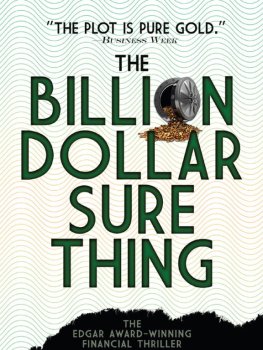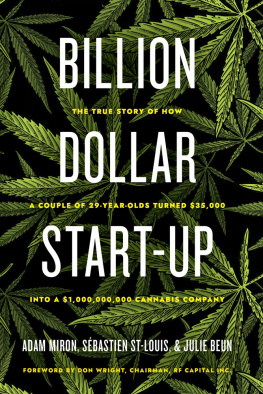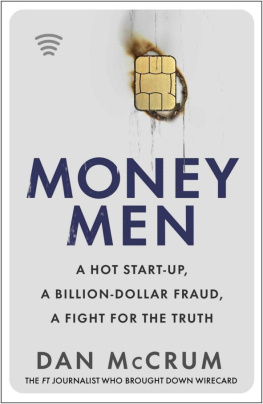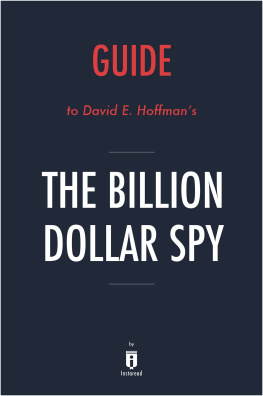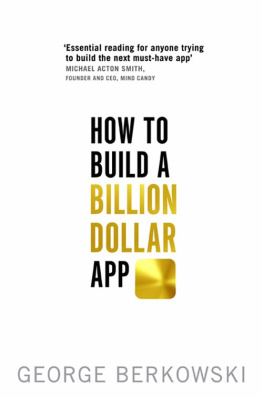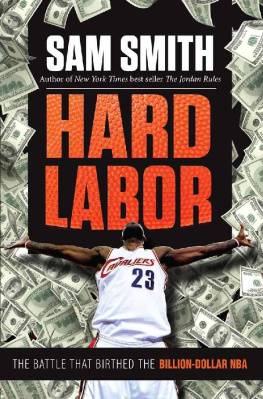Reeves Wiedeman - Billion Dollar Loser
Here you can read online Reeves Wiedeman - Billion Dollar Loser full text of the book (entire story) in english for free. Download pdf and epub, get meaning, cover and reviews about this ebook. year: 2020, publisher: Little, Brown and Company, genre: Detective and thriller. Description of the work, (preface) as well as reviews are available. Best literature library LitArk.com created for fans of good reading and offers a wide selection of genres:
Romance novel
Science fiction
Adventure
Detective
Science
History
Home and family
Prose
Art
Politics
Computer
Non-fiction
Religion
Business
Children
Humor
Choose a favorite category and find really read worthwhile books. Enjoy immersion in the world of imagination, feel the emotions of the characters or learn something new for yourself, make an fascinating discovery.
- Book:Billion Dollar Loser
- Author:
- Publisher:Little, Brown and Company
- Genre:
- Year:2020
- Rating:5 / 5
- Favourites:Add to favourites
- Your mark:
- 100
- 1
- 2
- 3
- 4
- 5
Billion Dollar Loser: summary, description and annotation
We offer to read an annotation, description, summary or preface (depends on what the author of the book "Billion Dollar Loser" wrote himself). If you haven't found the necessary information about the book — write in the comments, we will try to find it.
Billion Dollar Loser — read online for free the complete book (whole text) full work
Below is the text of the book, divided by pages. System saving the place of the last page read, allows you to conveniently read the book "Billion Dollar Loser" online for free, without having to search again every time where you left off. Put a bookmark, and you can go to the page where you finished reading at any time.
Font size:
Interval:
Bookmark:
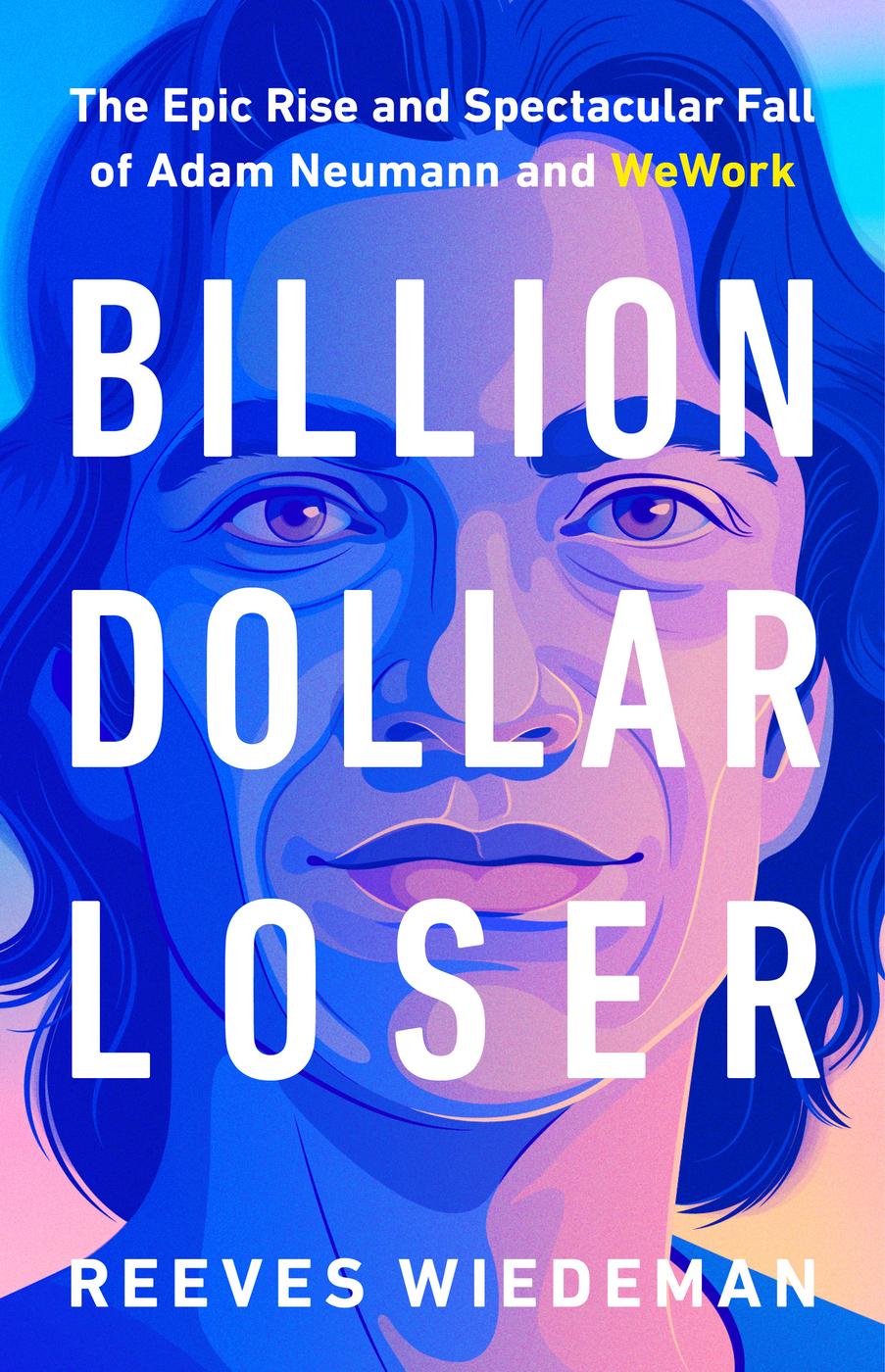
Copyright 2020 by Reeves Wiedeman
Cover design by Lauren Harms
Cover illustration by Marly Gallardo
Cover 2020 Hachette Book Group, Inc.
Hachette Book Group supports the right to free expression and the value of copyright. The purpose of copyright is to encourage writers and artists to produce the creative works that enrich our culture.
The scanning, uploading, and distribution of this book without permission is a theft of the authors intellectual property. If you would like permission to use material from the book (other than for review purposes), please contact permissions@hbgusa.com. Thank you for your support of the authors rights.
Little, Brown and Company
Hachette Book Group
1290 Avenue of the Americas, New York, NY 10104
littlebrown.com
First Edition: October 2020
Little, Brown and Company is a division of Hachette Book Group, Inc. The Little, Brown name and logo are trademarks of Hachette Book Group, Inc.
The publisher is not responsible for websites (or their content) that are not owned by the publisher.
The Hachette Speakers Bureau provides a wide range of authors for speaking events. To find out more, go to hachettespeakersbureau.com or call (866) 376-6591.
Portions of this book appeared in articles published in New York magazine and its website, a Vox Media property, and have been used by permission.
ISBN 978-0-316-46134-4 (ebook)
LCCN 2020940737
E3-20200828-DA-NF-ORI
For Mom and Dad
Explore book giveaways, sneak peeks, deals, and more.
Tap here to learn more.

Either Adam will end up in jail, or hell become a millionaire.
Adam Neumanns high school driving instructor
O N THE MORNING of April 12, 2019, Adam Neumann welcomed me into his office for one of the final interviews he would give as the cofounder and CEO of WeWork. Visitors to Adams office over the years, as WeWork moved from one headquarters to another, were often struck by the fact that as his company got better at squeezing workers into ever-smaller spaces, Neumanns personal office kept getting bigger and bigger. He no longer had the punching bag, the gong, or the bar that occupied his previous suite, but this version had a private bathroom with a sauna and a cold-plunge tub. As we sat down at a round table so large it wouldnt fit inside many of the glass-walled cubicles for which WeWork had become known, Neumann apologized for the fact that his time was limited. Its hard in a short time to get to know someone, he told me. And to authentically describe truth.
Neumann had been running late, as he often was, which gave me time to survey the main floor of WeWorks headquarters, a workday playland at the top of a six-story building in New York City. It was late morning, and a barista was serving a second helping of caffeine to WeWork employees and their smiling visitorsrefugees from stale offices elsewhere in the city. A large foyer was filled with couches and low-slung lounge chairs upholstered in bright primary colors, foosball and bumper-pool tables, and three flat-top arcade machines where pairs of employees were taking meetings.
Beneath a kitchen canopy draped with hanging plants, several water coolers were stuffed with a rotating orchard of fruitwatermelon, pineapple, cantaloupeand a dozen taps serving beer, cider, cold brew, seltzer, Merlot, Pinot Grigio, and kombuchas, plural. A placard helpfully explained to the companys fresh-faced workforce, where thirty-year-olds felt like senior citizens, that tilting your glass while dispensing a beer would lead to a smoother pour. The kitchen was flanked on one side by a series of restaurant-style booths, for casual meetings, and on the other by several long tables with no assigned seats. Each position had a sensor allowing any WeWorker to digitally mark that territory as his or hers for the day.
This was a version of the offices WeWork operated in more than four hundred locations around the world. People seemed to be getting work done, but it was hard to tell. The whole floor was crowded and noisy. The speaker system loudly played Lenny Kravitzs Fly Away. A sign advertised a happy hour celebrating the final season of Game of Thrones.
When Neumann appeared, he strode into the room from the back of the sixth floor past the long tables where a few dozen of his employees worked on laptops. At six feet five inches, he towered over the trio of businessmen he was escorting to the exit, along with everyone else in the room. Neumann had come to induce fear in many of the WeWork executives who worked most closely with him, and caution among those wary of his ambition. But to many othersthe employees inspired by his motivational speeches, the landlords who happily fed his insatiable appetite for real estate, the investors eager to latch themselves onto the next rocket shipNeumann had become a millennial prophet for a new way of working and living, brushing back his flowing dark hair as he dispensed koans and made bombastic proclamations that somehow came true.
WeWorks core business was simple. It leased space, cut it up, and rented out each slice with an upcharge for hip design, flexibility, and regular happy hours. Other companies had risen, and in many cases fallen, by offering more or less the same service, which amounted to a straightforward arbitrage: lease long, rent short, and collect the margin. What separated Neumanns company was not only the impressive amount of physical space it occupied, with locations across thirty countries and counting, but also the grandeur of Neumanns vision for what the company would become. He had long resisted the obviousthat WeWork was a real estate leasing companyinsisting that it was anything but: it was a tech start-up, a social network, a community company, an organization bent on reshaping society. We are here in order to change the world, Neumann once said. Nothing less than that interests me.
* * *
I N THE NINE YEARS since WeWorks founding, practically every New York landlord, investor, and industry titan could tell a personal story about Neumann punctuating a business meeting with tequila shots. When we met, Neumann was wearing sneakers, black jeans, and a gray T-shirta study in nonchalanceand asked one of his assistants for hot water with lemon and ginger. He was still five months from the swift and sudden events that would find him walking the streets of New York barefoot, trying to maintain control of his company in the middle of the most humiliating attempt at a public offering in American business history, followed by his ouster with what appeared to be a billion-dollar exit package that fell apart once the world became a place where the last thing anyone wanted was high-density office space.
If Neumann sensed that the seeds of his demise had already been planted and were beginning to sprout, he showed no fear. Our trajectory looks like Amazons, Neumann told me, with a Magic 8 Ball resting behind him on his desk. Except our market is larger and our growth is faster.
The boast was one Neumann had repeated many times, but he had a way of delivering canned lines with an enthusiasm that made each one feel handcrafted for its recipient. By 2019, every hyperambitious start-up founderwas there now any other kind?presented his or her business as having the makings of a world-changing global behemoth. But it took a special kind of hubris to claim you would one day stare down Jeff Bezos in the rearview mirror. Think of the stage that were in as the books for Amazon, he said. They used books to enter into the Everything Store. We used the work mission to enter into a larger category. What category was that? The larger category of
Next pageFont size:
Interval:
Bookmark:
Similar books «Billion Dollar Loser»
Look at similar books to Billion Dollar Loser. We have selected literature similar in name and meaning in the hope of providing readers with more options to find new, interesting, not yet read works.
Discussion, reviews of the book Billion Dollar Loser and just readers' own opinions. Leave your comments, write what you think about the work, its meaning or the main characters. Specify what exactly you liked and what you didn't like, and why you think so.


